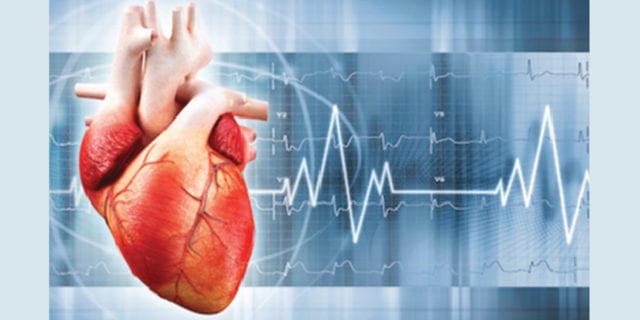Jersey Shore University Medical Center One of 50 U.S. Hospitals in National Cardiogenic Shock Initiative
One of the specially selected U.S. centers testing a protocol to assess early identification of cardiogenic shock and mechanical circulatory support
Jersey Shore University Medical Center is among only 50 hospitals nationwide to be accepted as a research site for the National Cardiogenic Shock Initiative (formerly the Detroit Cardiogenic Shock Initiative) to improve mortality in patients suffering from cardiogenic shock, and is only the third hospital in New Jersey to follow treatment protocols outlined by this initiative.

This study evaluates the use of early mechanical circulatory support in patients presenting with acute myocardial infarction and cardiogenic shock. Patients are treated according to the National Cardiogenic Shock Initiative protocol, which emphasizes early identification of cardiogenic shock and rapid delivery of mechanical circulatory support based on invasive hemodynamics.
“We are excited to share this treatment protocol, cardiogenic team approach and innovative technology with our community. This expands our ability to care for patients successfully in critical, emergency situations,” said Director of the Cardiogenic Shock Initiative at Jersey Shore University Medical Center Aditya Mehra, M.D., FACC, FSCAI. “The initial pilot study of this treatment showed a 50 to 76 percent improvement in patient survival as opposed to using conventional methods. This is the first method to show improvement in survival in more than 20 years. Good news for the approximately 100,000 Americans a year who will suffer cardiogenic shock after a heart attack.”
The treatment process includes standard techniques to open blocked coronary arteries, angioplasty and stent placement, combined with the use of state-of-the-art technology and reduction in medication given to patients. Rapid placement of an Impella® heart pump – including the 5.5 – is labeled the world’s smallest by manufacturer ABIOMED. This better prepares the patient’s heart to accept treatment and ensure blood is pumped to the rest of the body while allowing the heart to recover. The device reroutes the blood to the ascending aorta to be distributed throughout the body.
Jersey Shore University Medical Center’s Cardiogenic Shock Team shares quality data on each patient with the National Cardiogenic Shock Initiative team to continue to develop best practices for the field.
